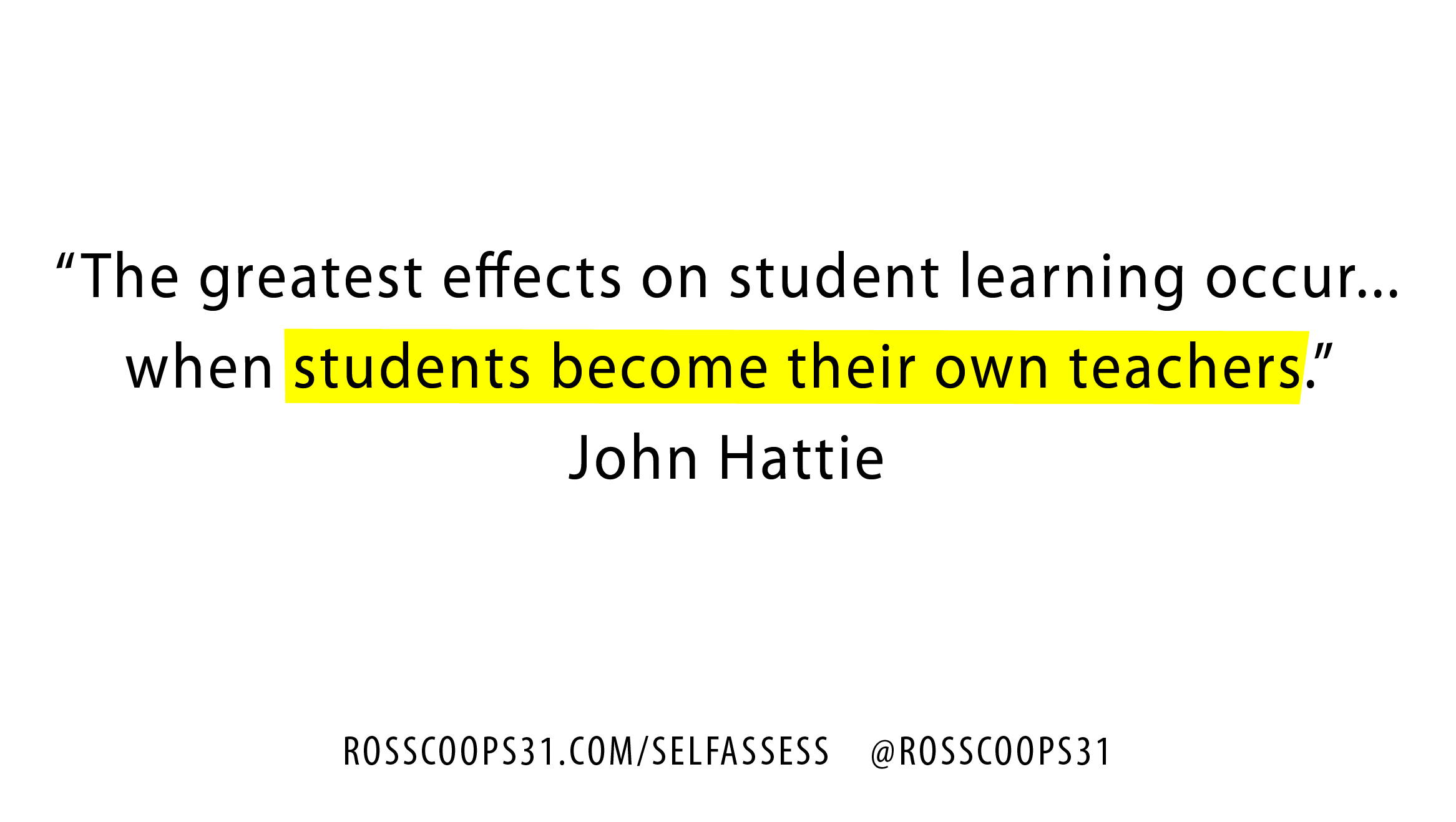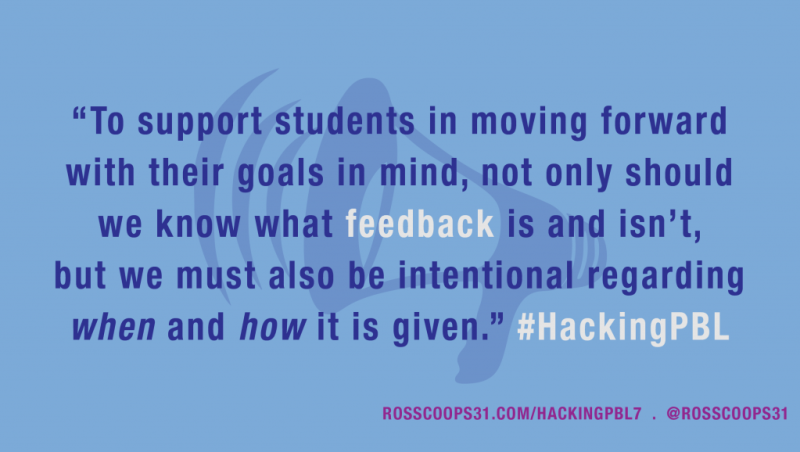At T. Baldwin Demarest Elementary School in Old Tappan, New Jersey, we’re in the middle of a two-year process of implementing Writing Pathways across all grade levels. More or less, Writing Pathways is an assessment system that works hand-in-hand with the Writing Workshop framework, and the system will help us to better align our writing instruction, horizontally and vertically.
In addition, whenever we’re dealing with assessment, student self-assessment should be our endgame for the purpose of students owning the learning as much as possible.
As John Hattie tells us in Visible Learning for Teachers:
…the greatest effects on student learning occur when teachers become learners of their own teaching, and when students become their own teachers. When students become their own teachers, they exhibit the self-regulatory attributes that seem most desirable for learners (self-monitoring, self-evaluation, self-assessment, self-teaching). Thus, it is visible teaching and learning by teachers and students that makes the difference.
That being said, taking into consideration Writing Pathways and my work with project based learning, here are what I believe are the four keys to student self-assessment.









